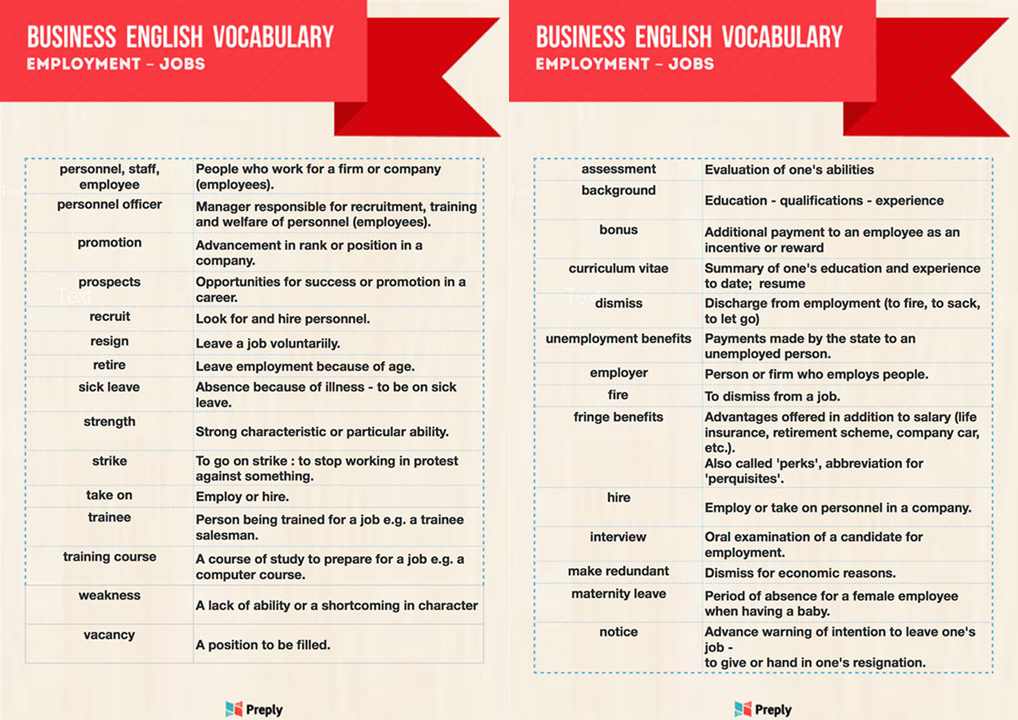The Importance of English Language Skills for Business Communication

The global business landscape is one of the most complicated things that exists. Everything leading it up to the production and distribution of products and services makes up the business world with billions of people playing just as many roles.
To keep the complicated business world rolling, communication is essential. This is exactly why, despite the cultural and geographical differences that divide the world, concepts like globalization, global connectivity, and international trade exist.
Maintaining efficient communication — mostly — among people from very different backgrounds is one of the biggest wonders in the world of commerce. Despite the language barrier that should exist in a world with 7000+ languages, the global business scene has never really looked fazed by language differences. After all, business relationships are really only concerned with the delivery of value and adequate payment for value received.
What keeps business communications in the international commercial world going isn’t a miraculous harmony of all 7000 languages around the world, it is the long-time natural selection of many languages that now form the world’s business languages.
The most relevant of these languages, where international business is concerned, is the English Language — and that’s why it is essential to learn English and use it as a valuable tool for growth.
Why English is pivotal to international business communication
Many languages may exist around the world, but only a select few are widely acknowledged as global business languages. Each of these “acknowledged” languages attains that status as a result of a number of things.
But, what makes English special?
English is the most spoken language in the world. There are about 1.35 billion people in the world who are English speakers (native and non-native). The number even extends to 1.75 billion when you consider people who find English pivotal to them one way or another. English and Chinese Mandarin are the top two but English has a sizable lead. The others on the list like Hindu, French, Spanish have a large speaker pool but they don’t come close.
English is the official language in at least sixty countries around the world. Some of these countries are world powers that dominate the international business scene. It is estimated that around 30% of the world’s GDP resides in English-speaking countries. And that’s just one language out of more than 7,000 languages.
Countries from Europe, Africa, Australia, and Asia all have several English-speaking countries in them. Unlike other languages with a wide speaker audience like Chinese Mandarin, English is not restricted to native-speaking countries. It is spread through the world in a manner that is consistent with true globalization.
There are very few global organizations that do not have English as an official language. The United Nations, World Bank, World Trade Organisation, and the International Criminal Court all have English as an official language.
It is this popularity that has put the English Language as central to the continued existence of the international business scene. As a natural effect of the popularity of English, very few places exist in the world without some connection to English.
English in Business… and Tech
In March 2010, Hiroshi Mikitani, CEO of Rakuten made English the official language of the huge Japanese online marketplace. Hiroshi understood that English was the language of the world and if you want to succeed in global business, being an English speaker makes you very valuable. Hiroshi called it “Englishnization”.
He identified, and as many other experts have, that there are scarcely any better languages for business that are comparable to English. For Hiroshi, the fact that English breaks down barriers that reinforce concepts of unbreakable hierarchy means businesses can work smoother when employees speak English. After Rakuten’s Englishnization, Rakuten expanded and acquired stakes in companies like PriceMinister, Viber, Pinterest, and Lyft.

In the global marketplace, English is an extremely valuable tool for market expansion. There’s a wider range of English speakers available to you as customers or clients when you conduct business in English. Leaving English out would certainly mean your business would not be truly accessible to the 1.75 billion people who speak English.
As a business language, English is the language of many complex transactions. Mergers and acquisitions, voluminous legislation, and academic papers are often presented in English.
Many now refer to English as “the language of the internet”. Approximately 26% of content on the Internet is English. No doubt that the English-speaking percentage of the Internet content will even have a much larger audience than any other language.
Why You Need English
The essence of this article has been to show you the value of English to global business communications. Its popularity and ability to convey information with clarity make it the pick of the bunch.
Consider the limited exposure on the global business stage that will come from not being able to service almost one-fifth of the entire world. You will find out that English is as valuable a tool for global business growth as anything else.




